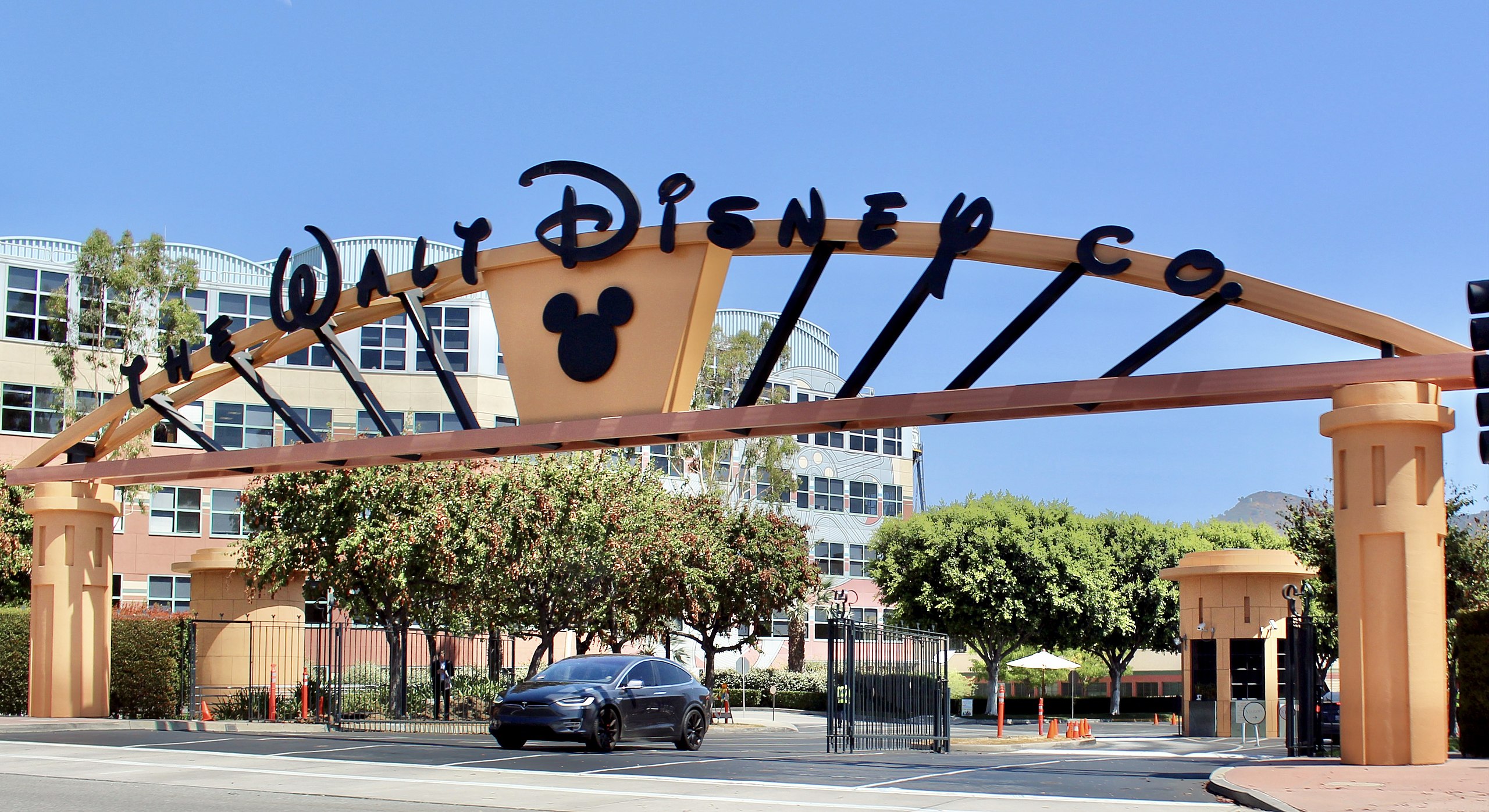Disney, Charter End Carriage Dispute
In a major deal the companies are calling “transformative,” the Disney+ Basic ad-supported and ESPN+ streaming services will be included in Spectrum TV Select video packages

BURBANK, Calif. & STAMFORD, Conn.—The Walt Disney Company and Charter Communications have concluded a major carriage deal that the two companies are calling “transformative,” ending an impasse that had looked like it would last much longer.
The deal is notable because it includes carriage for some streaming services as well as Disney’s stations and traditional linear networks like ESPN and will give Charter more flexibility in the way it packages programming on its video tiers.
It will allow Charter to carry ESPN’s direct-to-consumer offering when it is launched at some point in the future and will make ESPN+ available in the Spectrum TV select plus video package.
The deal also includes provisions to add Disney+ Basic ad-supported offering to Spectrum TV Select video packages and to allow Charter to sell Disney’s DTC services to its broadband-only customers.
The Disney+ ad-supported and the ESPN+ services are expected to be added in the coming months.
The deal immediately restores a curated line-up of Disney networks to Charter's video packages and will see some Disney networks removed from the Charter's Spectrum TV video packages.
Under the agreement, Spectrum will continue to carry the ABC-Owned Television Stations, Disney Channel, FX and the Nat Geo Channel, in addition to the full ESPN network suite.
Get the TV Tech Newsletter
The professional video industry's #1 source for news, trends and product and tech information. Sign up below.
Networks that will no longer be included in Spectrum TV video packages are Baby TV, Disney Junior, Disney XD, Freeform, FXM, FXX, Nat Geo Wild, and Nat Geo Mundo.
In a joint statement Robert A. Iger, CEO, The Walt Disney Company, and Chris Winfrey, president and CEO, Charter Communications said: “Our collective goal has always been to build an innovative model for the future. This deal recognizes both the continued value of linear television and the growing popularity of streaming services, while addressing the evolving needs of our consumers. We also want to thank our mutual customers for their patience this past week, and are pleased that Spectrum viewers once again have access to Disney’s high-quality sports, news and entertainment programming, in time for Monday Night Football.”
The deal comes at a time when negotiations between operators and programmers have become particularly fraught. Operators struggling with hefty sub losses from cord cutting, have been looking to control rising programming costs.
Prior to the deal, Charter had been pushing for rights to offer Disney’s ad-supported streaming services to its video packages and to have more flexibility in moving channels to different tiers so it could attract and retain subs with less costly offerings.
Key deal points for the new agreement include:
- In the coming months, the Disney+ Basic ad-supported offering will be provided to customers who purchase the Spectrum TV Select package, as part of a wholesale arrangement;
- ESPN+ will be provided to Spectrum TV Select Plus subscribers;
- The ESPN flagship direct-to-consumer service will be made available to Spectrum TV Select subscribers upon launch and;
- Charter will maintain flexibility to offer a range of video packages at varying price points based upon different customer’s viewing preferences.
- Charter also will use its significant distribution capabilities to offer Disney’s direct-to-consumer services to all of its customers – in particular its large broadband-only customer base – for purchase at retail rates. These include Disney+, Hulu and ESPN+, as well as The Disney Bundle.
George Winslow is the senior content producer for TV Tech. He has written about the television, media and technology industries for nearly 30 years for such publications as Broadcasting & Cable, Multichannel News and TV Tech. Over the years, he has edited a number of magazines, including Multichannel News International and World Screen, and moderated panels at such major industry events as NAB and MIP TV. He has published two books and dozens of encyclopedia articles on such subjects as the media, New York City history and economics.

